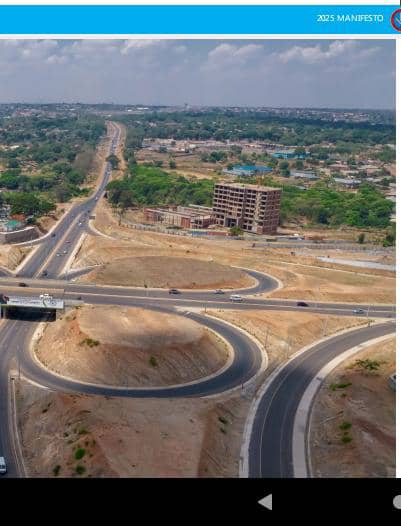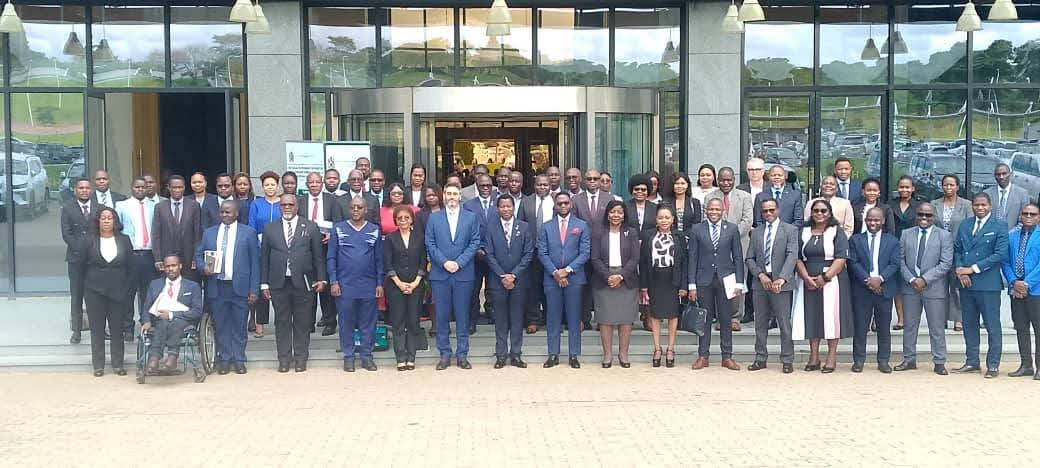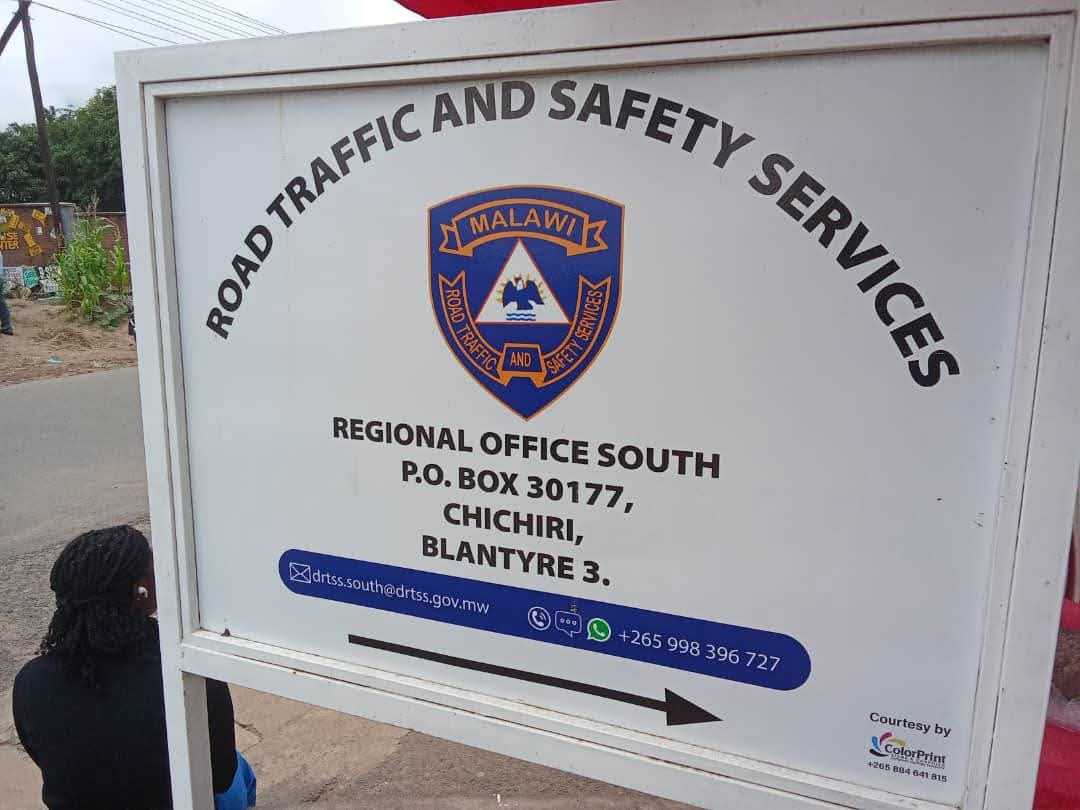By Burnett Munthali | Malawi Freedom Network
The Democratic Progressive Party (DPP) has made remarkable progress in infrastructure development across Malawi.
One of its notable achievements is the construction of over 100 bridges throughout the country, including the important Chapananga Bridge.
Recognizing the need for reliable transport networks, the DPP secured funding for several critical road rehabilitation projects.
These include the Mchinji roundabout to Kanengo road, funded by China Aid.
Another key project is the rehabilitation of the M1 road from Kanengo to Karonga, supported by the European Investment Bank.
Additionally, the Kamuzu Procession Road underwent rehabilitation with assistance from Japanese Aid.
On the education front, the DPP government in 2018 successfully obtained a grant from USAID to construct 250 secondary schools distributed across Malawi’s 193 constituencies.
However, the subsequent Malawi Congress Party (MCP) government failed to complete 151 of these schools, leading to the withdrawal of this initiative.
To complement these efforts, the DPP, through the World Bank’s EQUALS project, secured the construction of 100 Community Day Secondary Schools.
The DPP also expanded infrastructure and academic programs across all constituent colleges of Malawi’s public universities.
This expansion aimed to increase student intake and equip institutions with modern learning tools.
Beneficiaries of this expansion include Chancellor College, the Polytechnic, College of Medicine, Bunda College, Kamuzu College of Nursing, Natural Resources College, Mzuzu University, and the Malawi University of Science and Technology (MUST).
In 2019, a significant structural reform was implemented when the DPP government unbundled the University of Malawi into three distinct universities.
These are the University of Malawi (formerly Chancellor College), Malawi University of Business and Applied Sciences (formerly the Polytechnic), and Kamuzu University of Health Sciences (formerly the College of Medicine and Kamuzu College of Nursing).
This reform enabled the universities to operate independently, leading to increased staffing and broader access to higher education.
The DPP also abolished the Quota System used for selecting students for both secondary and tertiary education, a policy introduced by the MCP government in 1987.
Furthermore, the party has been active in rehabilitating and constructing roads across all four regions of Malawi, ensuring equitable infrastructure development nationwide.
Concluding Analysis
The DPP’s manifesto highlights a strong commitment to improving Malawi’s physical infrastructure and education sector.
Their focus on building bridges and rehabilitating key roads demonstrates a clear understanding of the importance of connectivity for economic growth and social integration.
In education, the successful procurement of funds to build secondary schools and reform higher education institutions reflects a strategic approach to increasing access and quality.
The abolition of the Quota System indicates a move towards a more merit-based and equitable education system.
However, challenges remain, especially when development programs are disrupted by changes in government, as seen with the incomplete school constructions under the MCP.
Moving forward, sustained political will and continuity will be vital for these initiatives to realize their full potential and contribute meaningfully to Malawi’s development trajectory.
The DPP’s track record on infrastructure and education serves as a solid foundation for their 2025–2030 ambitions and offers voters a tangible measure of their capability to deliver transformative change.




